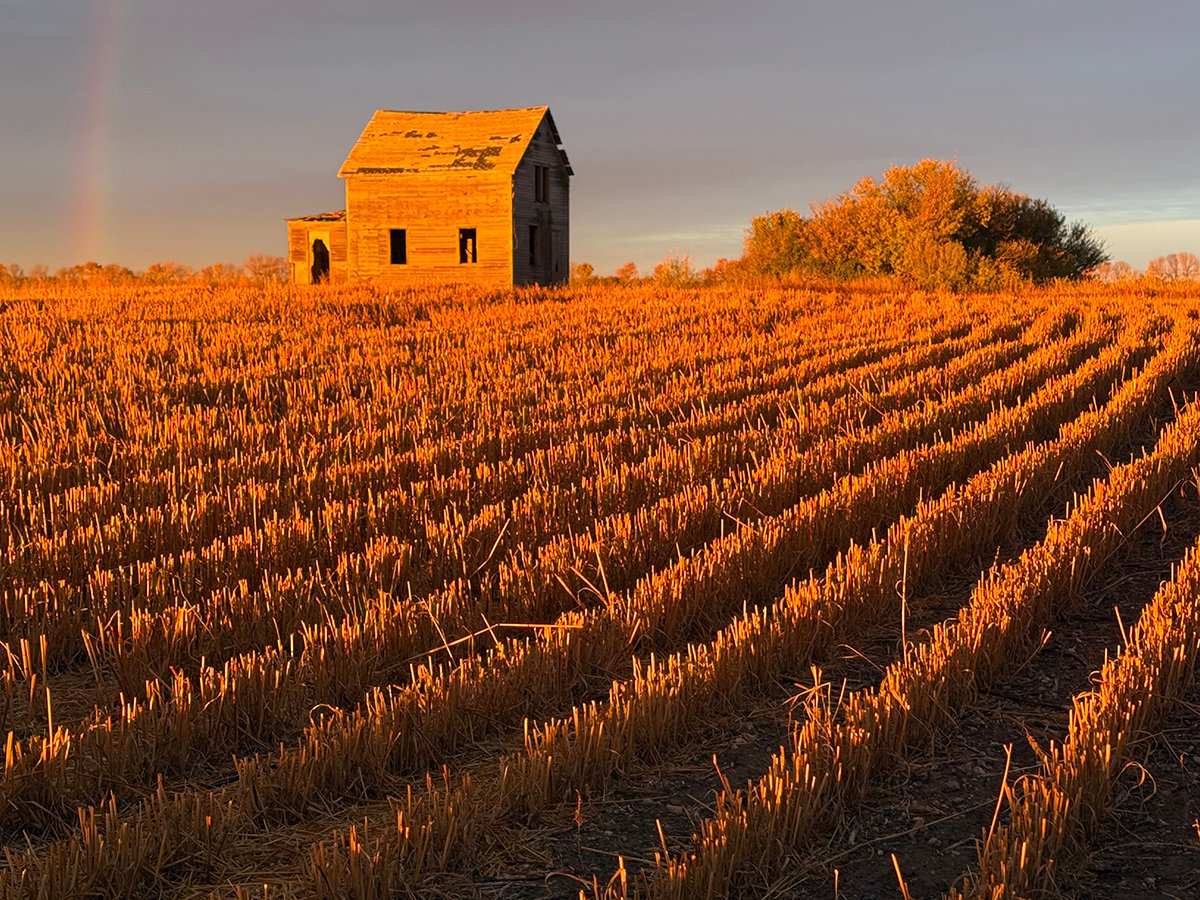A useful discussion on Canadian Wheat Board programs almost broke out at a recent directors’ meeting in Camrose, but instead farmers’ spent three hours rehashing the 30-year-old pro-board and open market argument.
The meeting’s contentious tone was set early when board supporters questioned Canadian Wheat Board director Jim Chatenay’s loyalty to farmers’ interests after Chatenay told farmers it’s only a matter of time before Round Up Ready wheat becomes a reality in Canada.
“It’s going to happen so we have to get ready with the proper testing equipment,” said Chatenay, who added CWB directors must look ahead at how to handle the genetically modified wheat, especially if American farmers are allowed to grow the crop.
Read Also

Forecast leans toward cooling trend
July saw below average temperatures, August came in with near to slightly above average temperatures and September built on this warming trend with well above average temperatures for the month.
“If Americans let it in, it’s a lot more better to be ready for it.”
Those comments sent John Oberg of Forestburg, Alta., up to the microphone to chastise Chatenay, who is a vocal open market supporter.
“If you’re such a defeatist that you think it’s going to happen you shouldn’t be on the board. I’d like to see a little more fire in you to fight this thing. I’d like to see a lot more conviction.”
Chatenay said at first wheat board directors staunchly opposed the introduction of Roundup Ready wheat into Canada, but they have since taken a more moderate tone.
“We’ve softened our position on Roundup Ready wheat, much to your surprise,” he told Oberg.
“The reality is when it’s coming to Canada we have to be ready. We’re thinking ahead of you, sir.”
George Calvin of New Norway, Alta., took offence at Chatenay inviting a member of the Chamber of Commerce to an earlier director’s meeting in Caresland, Alta., where the Chamber official argued that the wheat board should give up its sellers’ monopoly.
“They should mind their own business and let the running of the wheat board up to farmers,” said Calvin, who also criticized Alberta premier Ralph Klein’s entry into the wheat board debate.
Chatenay said that as the only wheat board director from Alberta who really represents Alberta farmers, he welcomed outsiders’ comments.
Director Art Macklin from Alberta’s Peace River area answers to farmers in British Columbia, he added, while Larry Hill, Allen Oberg and Ken Ritter, who represent districts that straddle the Alberta-Saskatchewan border, answer to farmers in Saskatchewan. Bonnie Dupont, the government-appointed Calgary businessperson on the board, doesn’t answer to farmers, he said.
“Guess who represents Alberta? Me and only me.”
He told the 40 farmers at the meeting that he questioned if farmers receive any benefits from selling through the single desk selling agency.
“When you need a magnifying glass to see a premium, then we’re not very good marketers. We’re average marketers and when you add expenses, at the end of the year who wants to stay in that market? Are all the premiums the board is supposed to extract worth the regulations?”
Ron Duffy of Lacombe, Alta., who went to jail as part of his anti-board protest, said because of wheat board inefficiency he and other farmers lost $2 a bushel last year and were forced to rely on federal and provincial assistant programs.
“If I had the $2 a bu. the Canadian Wheat Board left on the table, I wouldn’t have to collect federal welfare.”
That comment caused federal Liberal candidate Adam Campbell to leap to his feet to warn Duffy not to frown on people who are forced to collect payments for BSE and drought assistance payments.
“I’m speaking to people who are losing their shirt. For God’s sake, get off this argument,” said Campbell of Rosalind, Alta., who added that his contacts in the prime minister’s office and the federal agriculture minister’s office don’t understand why they should keep the board going because all they see are years of fighting.
“We’re all so stupid,” Campbell said.”They see us arguing among ourselves when we’re all going broke. They’re very close to pulling the plug on the CWB.”
Ken Eshpeter of Daysland, Alta., left the meeting early, frustrated the discussion had spiraled into a polarized debate.
“This is a little chaotic,” he said.
“I was hoping we could talk about aspects of the board.”














